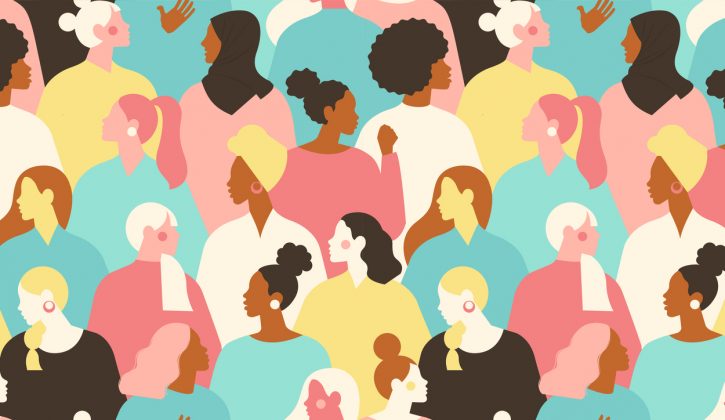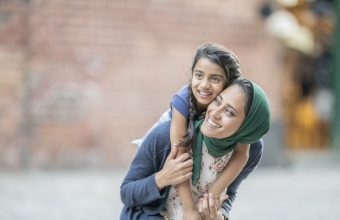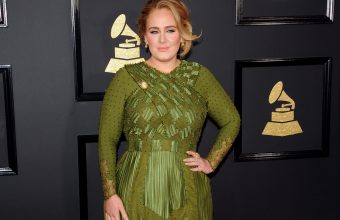March 8 is International Women’s Day. Eighteen years ago, when the words “It’s a girl!” rang out in the delivery room, there was no question we wanted to raise daughters who defied any limits placed on them by the stereotypes of gender.
Not that long ago, I would have told you with confidence that we were good role models for our son and three daughters. They are being raised in a home where men do household work and women are supported in pursuing their own goals. They benefit from the influence of extended family, friends, and teachers who have broadened their ideas about what women can achieve. They have listened to us share personal experiences of gender inequality and weighed in with their own ideas around the dinner table.
But when 2020 arrived, those dinner table discussions began to change. From the safety of our home, we watched as a global pandemic shined a spotlight on systemic oppression and gender disparities. Even though I had to take on the role of running the household and supervising at-home learning, because their dad is an essential worker, my privilege had never been more glaring. Conversations about equal rights now called on us to ask ourselves an important question: are we raising kids who understand that equality cannot be reached unless it is extended to everyone? And the uncomfortable truth was that we could and should be doing a lot better.
I like to believe we are parenting from a place of social awareness, but there is no escaping the fact that privilege can narrow our worldviews. The past year has asked us to get humble and real about our parenting. It has asked me and my husband to understand what it means to be educated, partnered, non-disabled, white-passing folks trying to teach our children about equality. It has asked us to listen and learn about the realities of being a woman from a marginalized group from those who experience it. If we want to teach our daughters to be empowered, we must also acknowledge the power they already have. If we want to instill in them the importance of lifting other women, we have to remind them to look for the women who are still fighting to be seen.
International Women’s Day is meant to be an occasion dedicated to reflecting on how far we’ve come. We honour the women who have made a difference, and we raise our collective voices for social justice. But we can only call this a celebration of women if we honour the diversity of all women— whether lesbian, bisexual, trans, intersex, or queer (LBT+); gender non-conforming people; women of colour; Indigenous women; women from diverse socioeconomic backgrounds and religions; or women of differing physical abilities. They are the women who are bravely teaching us about identity and privilege, and if we want to encourage our daughters to fight for equality, we need to remind them to find their role models here, too.
There is something very poignant about March 8th being so close to the start of the global pandemic. While there have been huge strides made by the women who have helped lead us through this crisis, there has also been significant regression for women in every corner of the world. For women who belong to more than one marginalized group, that impact has been devastating.
Over 100 years ago, the first official march for women set a profound change in motion for equality. That historic day taught us that we are stronger when we stand together. The past few years have tested whatever strength we had immeasurably. As we celebrate and honour the women who have gone before us, we need to remember that we only move forward when no woman is left behind. We still have a long way to go.
Today, I am not the same mother I was in March of 2020. When I asked our (then) 11-year-old daughter what International Women’s Day means to celebrate women, she gave me a response that we all need to hear. “A woman is a person, and every person deserves to be treated equally. Today is supposed to remind us.”
Further Reading:
Tagged under: International Women’s Day,women's day,women's day 2021






